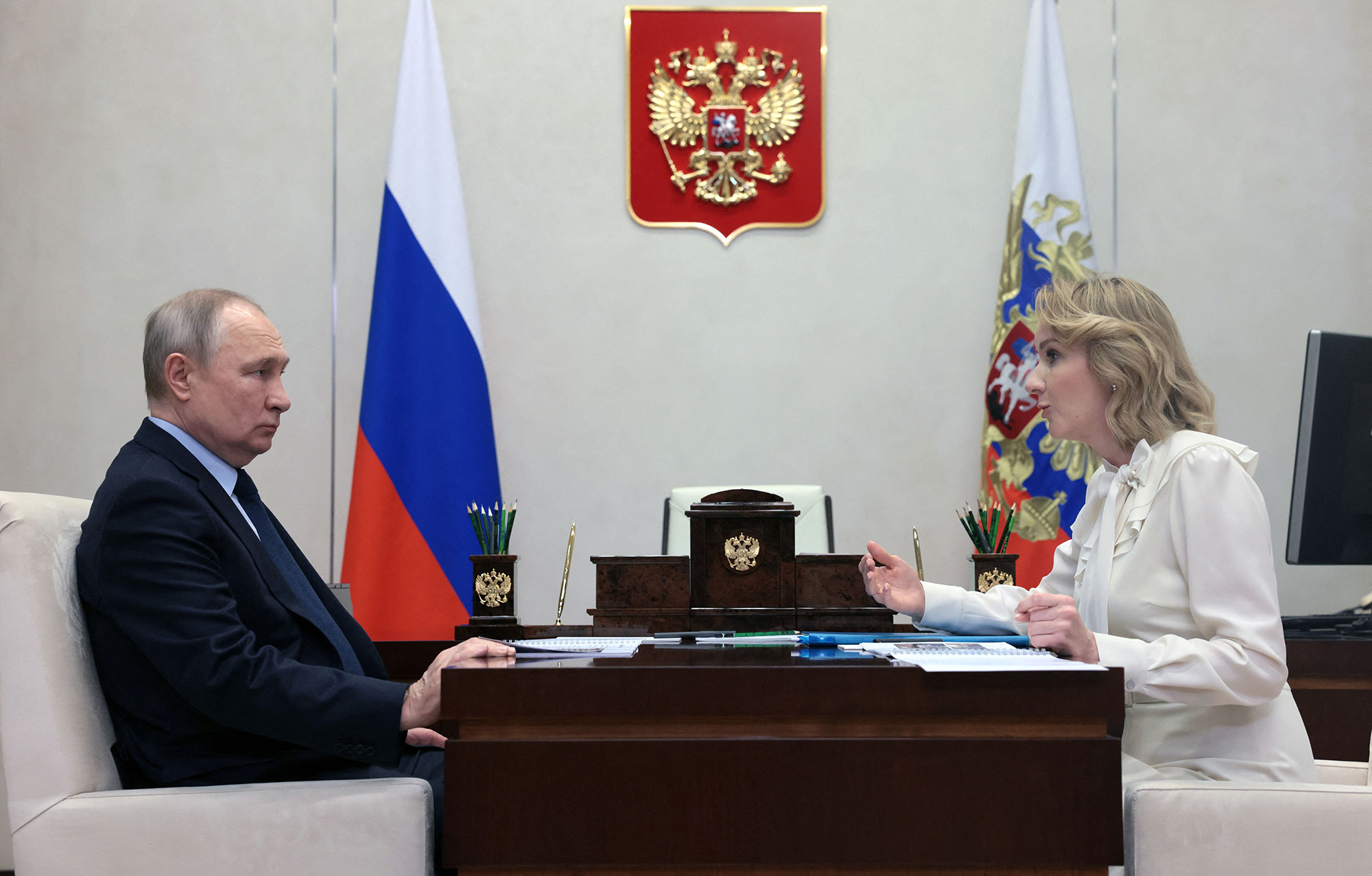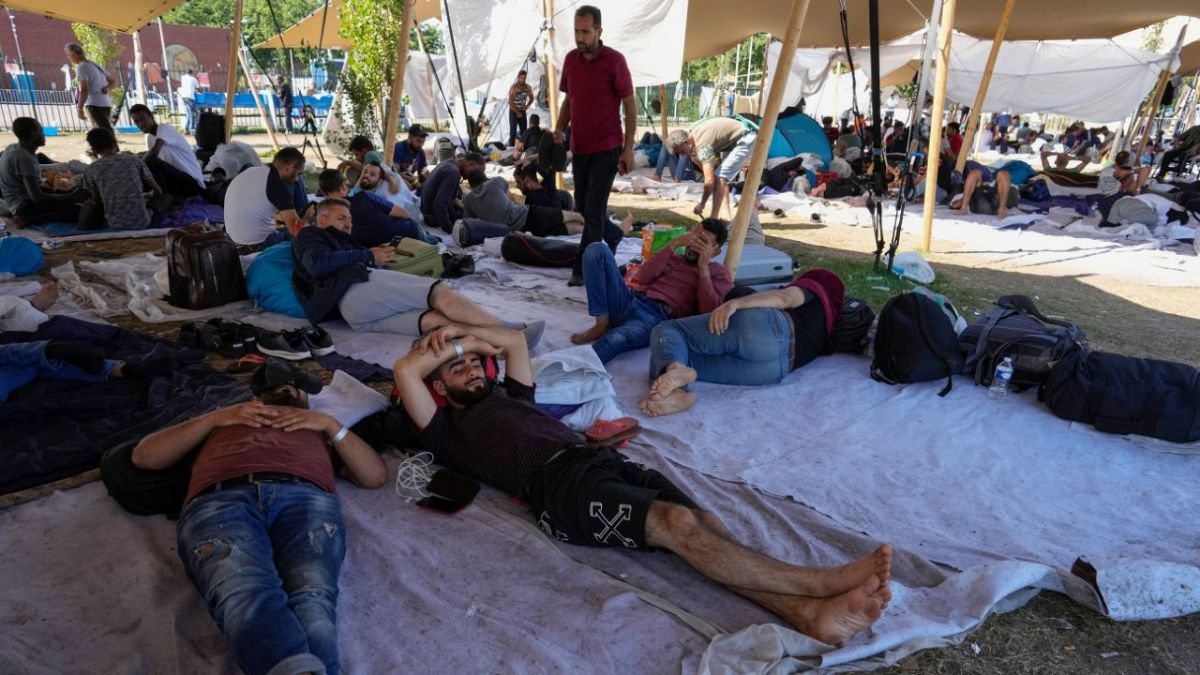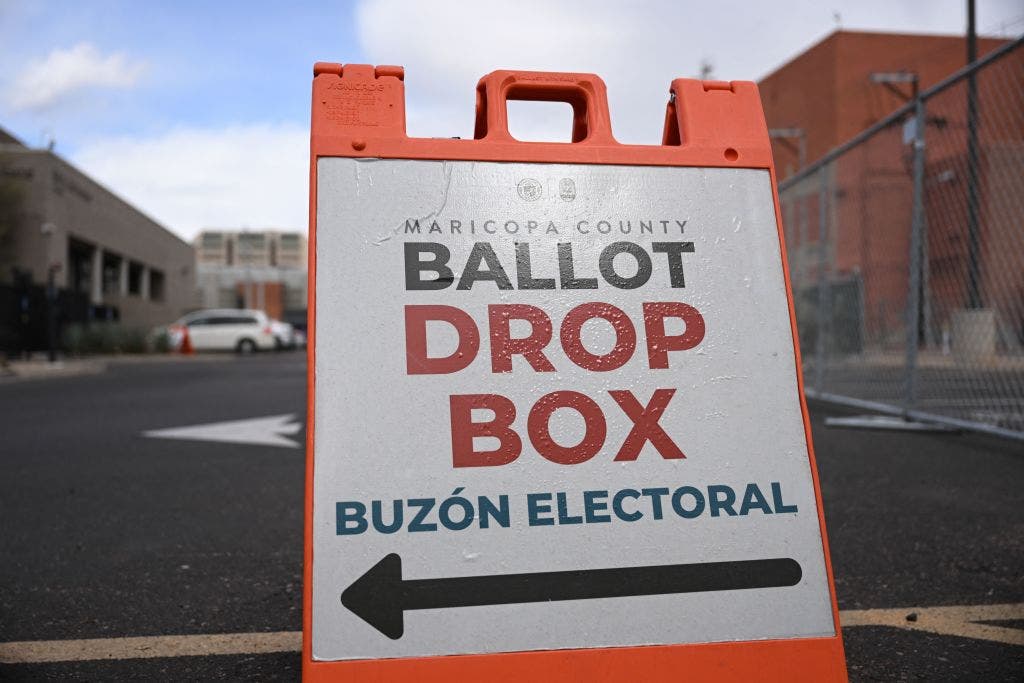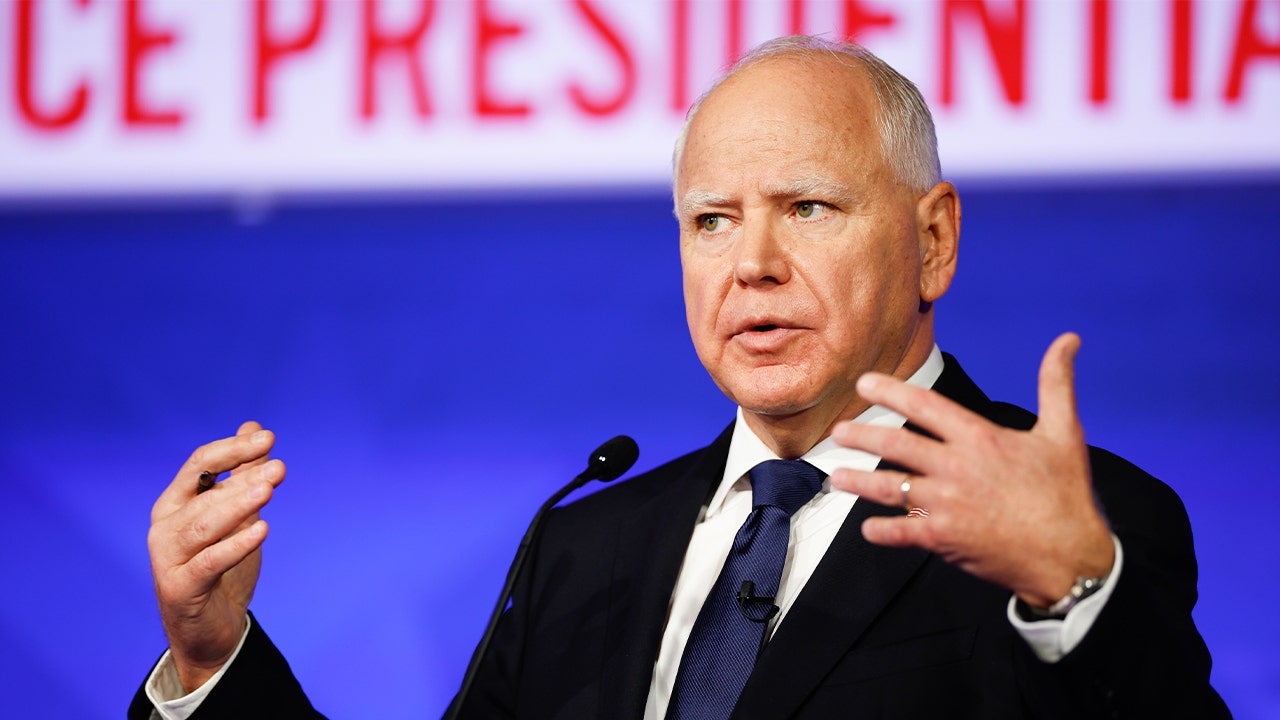The old line about New England weather — if you don’t like it, wait a little — describes US foreign policy just as well nowadays. Other countries are exploiting this fickleness.
Joe Biden doesn’t rule out that Benjamin Netanyahu is delaying a truce in the Middle East until the possible return of Donald Trump, under whom the Israeli premier might have a freer hand. Nor does it take a paranoid cast of mind to suspect that Vladimir Putin has been holding out for Trump’s re-election for two years or more.
Deplore the cynicism of these foreign leaders all you want. Their behaviour is only possible because a gap between Democratic and Republican policies exists in the first place. The impotence of the Biden administration of late stems from that domestic US split, not his old age or the guile of leaders of much weaker countries. It is structural, not personal. As such, it is liable to afflict his successors.
The biggest drag on American power, besides the nation’s reduced share of world output, is its ever-changing mind. A volatile foreign policy undermines the US twice over. First, it incentivises unscrupulous leaders to wait out the president of the day until a more amenable one comes along. Second, compared to China, its superpower rival, the US is difficult for third countries to plan around.
If Netanyahu is an example of the first problem, America’s waning stature in south-east Asia, which is borne out in surveys of elites there, might be proof of the second. The US has been attentive to that crucial region, then disengaged; an enthusiast for transpacific trade, then stingy about access to its domestic market; gnomic about Taiwan under Trump, then strident under Biden. Something as basic as whether a country would be better-received in Washington if it democratised (Asean regimes often hover on the democratic-autocratic cusp) varies from White House to White House.
And this isn’t the most extreme case of American unreliability. Consider the US line on climate change. Bill Clinton signed the Kyoto protocol in 1998. George W Bush withdrew from it in 2001. Barack Obama signed the much broader Paris agreement in 2015. Trump withdrew from it in 2017. Biden recommitted to Paris as one of his first acts as president in 2021. If Trump withdraws again, as reports over the summer suggested he might, that would be five reversals of US policy on a subject of world importance within a generation.
Someone observing all this from Beijing or Moscow might tut and say, “Well, if you will allow multi-party elections”. But sudden twists in policy are not inevitable in a democracy. The US used to change government every few years while keeping up an amazing philosophical unity. All the presidents between 1945 and 2016 supported Nato, European integration, the Bretton Woods institutions (if not dollar-gold convertibility) and a global web of garrisons. Even the Vietnam war was a bipartisan debacle. Don’t believe the credulous and almost mystical trope that “eastern” autocracies think in hundred-year cycles that free societies are too skittish to match. If that were true, why have so few survived?
The problem isn’t democracy per se. It is the rise of partisan feeling within America. Even on trade, towards which there has been a general cooling in Washington, the difference between the parties is sharp: Democrats want a “small yard with a high fence”, while Trump talks up a 20 per cent tariff on all imports. How does a mid-sized, non-western nation chart a course here? It is not as if there is no alternative superpower orbit to join.
If US diplomats were all career civil servants, there might at least be some smoothing of the differences between administrations. In fact, plum postings are often “political”. They can reinforce rather than counteract the partisan discontinuities.
The sheer plasticity of US policy is nowhere clearer than in Ukraine. The ultimate answer to the war, I keep hearing in polite company, is to freeze the battle lines, then secure non-occupied Ukraine with Nato membership or something like it. All very rational and 20th century. But a security guarantee is only as good as the will of a future US president to honour it. Would Trump or a Trumpist do that? Don’t rule it out: his foreign record is subtler than the “isolationist” tag allows. (Isolationists don’t fire missiles at Syria.) Even Republicans might see that reneging on such a commitment would end US credibility worldwide. But the fact that we ask the question admits doubt. The US at its peak had more going for it than overwhelming strength. It had a certain amount of predictability. Without either, its purchase on events can’t be the same.
The miracle of 21st-century America is how inexpensive its political divisions have been economically. The US has surged ahead of Europe despite failing to achieve so much as a peaceful transfer of power at the last election. The country has almost no material incentive to fix its domestic rifts. But the geopolitical cost of them, the effect on America’s external steadiness, and therefore its leadership claims: that’s a different matter. It has always been obvious, unlike in Europe, who one calls to speak to America. But it has come to matter far too much who answers the phone each time.
janan.ganesh@ft.com












/cdn.vox-cdn.com/uploads/chorus_asset/file/25629511/flightsim1.jpg)










/cdn.vox-cdn.com/uploads/chorus_asset/file/25439572/VRG_TEC_Textless.jpg)






